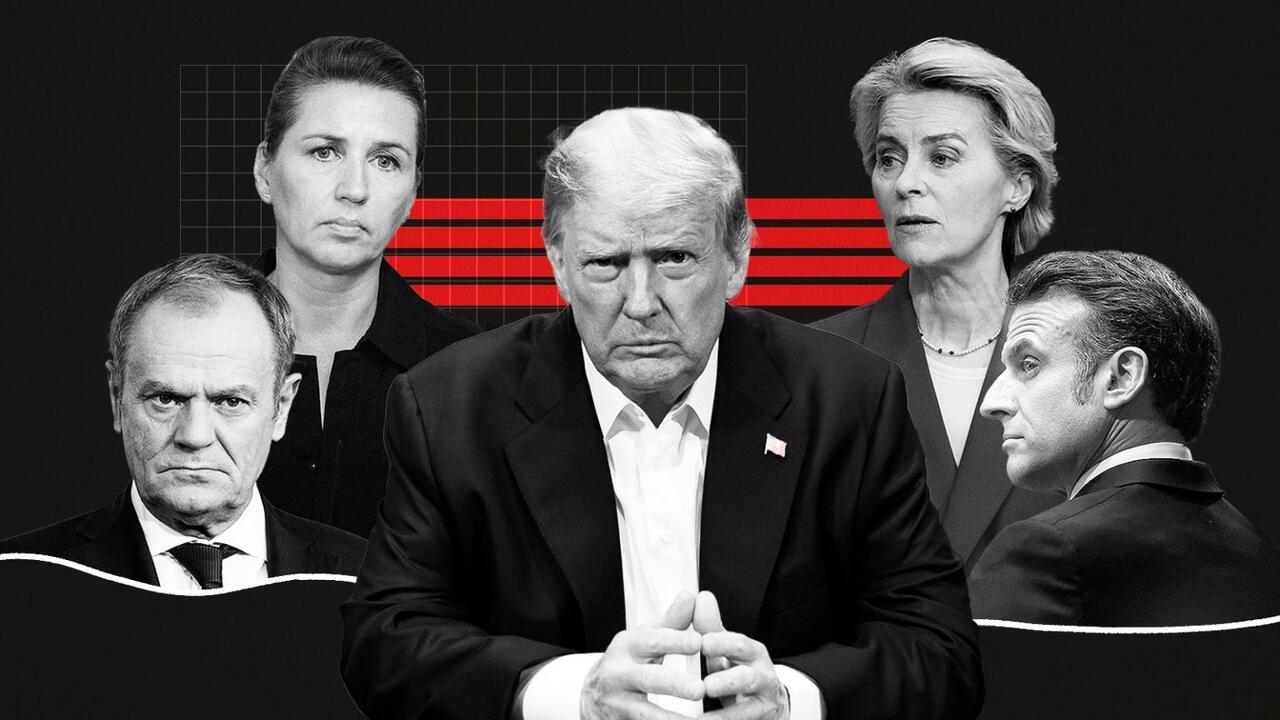The E.U. tariff was supposed to go to 50% on June 1 because they were not negotiating in good faith.
They asked President Trump to extend the tariff deadline to early July, which he recently agreed to do, if the European Union begins active negotiations in good faith. The European Union is, as a block of nations, a huge trading partner with the USA. they have very restrictive policies that effectively are enforced by regulations, rather than tariffs. The US has been very critical of many of these regulations as they effectively act as tariffs and trade barriers to our ability to export goods to Europe.
From ZeroHedge: https://www.zerohedge.com/geopoliti...y-be-delaying-trade-negotiations-deliberately
They asked President Trump to extend the tariff deadline to early July, which he recently agreed to do, if the European Union begins active negotiations in good faith. The European Union is, as a block of nations, a huge trading partner with the USA. they have very restrictive policies that effectively are enforced by regulations, rather than tariffs. The US has been very critical of many of these regulations as they effectively act as tariffs and trade barriers to our ability to export goods to Europe.
From ZeroHedge: https://www.zerohedge.com/geopoliti...y-be-delaying-trade-negotiations-deliberately
The European Union May Be Delaying Trade Negotiations Deliberately
The EU-US trade deal should have been the easiest to complete.
However, the deal is not progressing because the negotiation team refuses to lift any of the EU’s non-tariff barriers or to discuss the limitations imposed on US agricultural, livestock, and car exports.
These are the reasons why it should have been a concise and quick trade deal:
Most of the United States’ team demands coincide with the Draghi report’s concerns about excessive regulation and internal barriers.
According to Eurochambres estimates, the cost of hyper-regulation for the EU exceeds one trillion euros per year. Draghi himself warned in an FT article, “Forget the US—Europe has successfully put tariffs on itself,” citing IMF estimates that show that internal barriers, regulation, and taxation increase prices in the services sector by 110 per cent and in manufacturing by 45 per cent.
If the EU negotiators had presented a comprehensive package of tariff reductions for agriculture, farming, and the automotive industry, a preliminary deal would have been signed immediately, benefitting everyone. However, the negotiators were only willing to negotiate possible improvements to LNG imports with the vague concept of “strengthening investment,” limiting any tariff negotiation to industrial goods where there was no significant dispute.
The United States’ requests to the European Union were significantly less demanding than the negotiations of burdens from China or India.
Unfortunately, the EU negotiators were only willing to propose plans to lower tariffs on industrial goods and non-sensitive agri-food exports, as well as a clause to keep the US from introducing further tariffs while talks are ongoing, according to Bloomberg. The EU stated that tariffs could be reduced in phases or through a quota system, and higher levies would only come above a certain quantity of imports. Upon review, it appears that these proposals aim to uphold all non-tariff barriers and the majority of tariffs. Tariffs are much higher than those of the United States in agriculture, farming, chemicals, automotive and manufactured goods.
The demands of the United States are not outlandish
All of these demands simply aim to eliminate absurd regulatory and tariff burdens. Furthermore, the European Union allows the exemption of many of the tariff and non-tariff barriers to products coming from Turkey or Morocco, even China.
The European Commission threatened to impose new countermeasures that could affect €95 billion worth of US products if negotiations to resolve the trade dispute fail. However, the European Union lacks significant leverage in this situation. Its trade surplus is so large, and the barriers to U.S. goods so widespread, that it simply cannot fight back.
The European Union trade surplus, which stands at 150 billion euros and soared 244% in March 2025 compared to the same month of 2024, is not generated by free cooperation and spontaneous trade agreements between free companies. In many sectors, the EU’s production and energy costs are up to 50% and 100% higher, respectively, than those of the United States, yet the exports of the European Union massively outweigh those of the U.S. A significant proportion of the trade surplus of the European Union comes from lifting barriers to others and benefitting from open markets for European products.
The European Union must comprehend that a reasonable agreement can eliminate tariffs in minutes.

